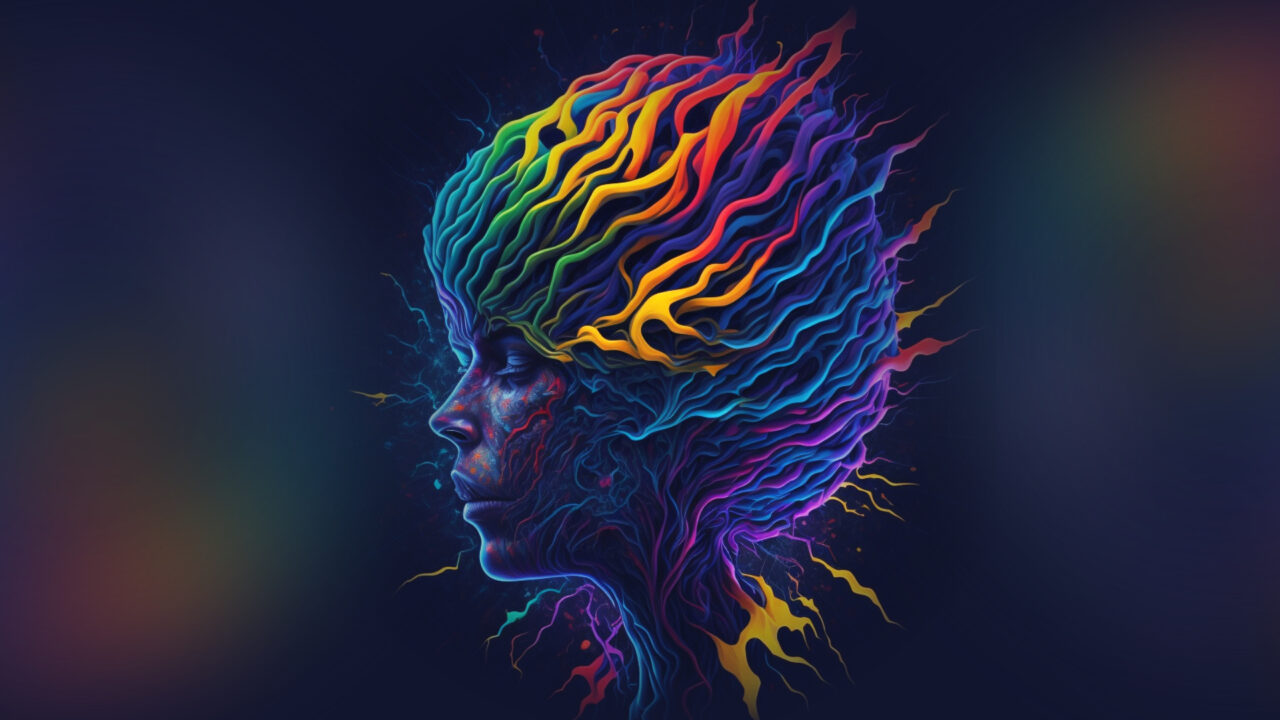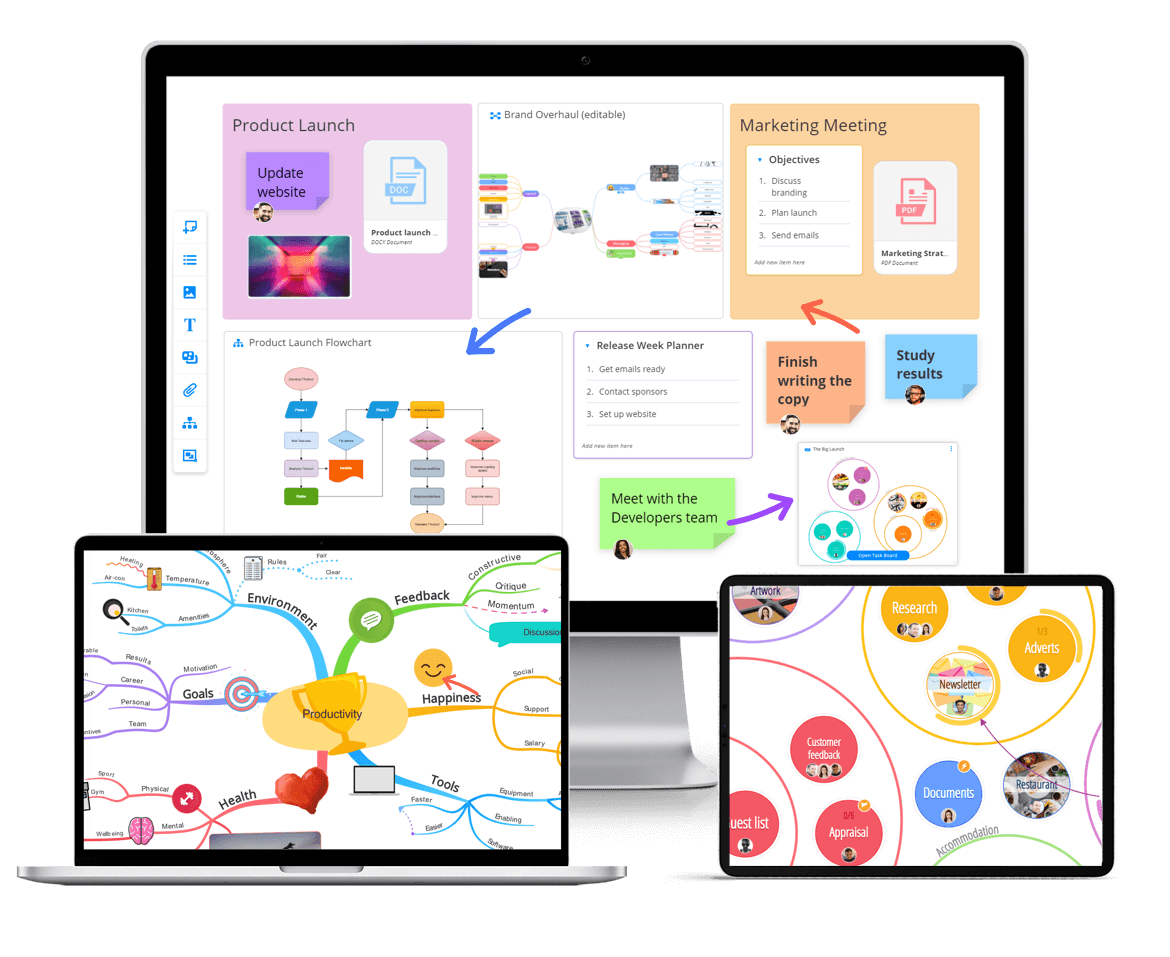June 16, 2023 (Updated February 29th, 2024)
What is Artificial General Intelligence (AGI) – and what does it mean for our future?

Most of us now know that “AI” refers to artificial intelligence. Over the last few years, an increasing number of AI tools have solidified our familiarity with the idea of machine learning. In fact, considering the ongoing popularity of virtual assistants such as Alexa and the recent explosion of chatbot tool ChatGPT, it would be fair to say that AI technology is more accessible today than ever before.
However, one term you may not be so familiar with is “AGI”. The acronym refers to “Artificial General Intelligence” and you can expect to see it crop up a lot more in coming months and years. Broadly, the term refers to a hypothetical AI system with cognitive abilities which equal – or surpass – those displayed by human intelligence. While that may sound simple enough, there is a lot of debate surrounding AGI and what it might mean for the future (and whether it’s even possible in the first place!).
Why are there such conflicting opinions about AGI?
It’s easy to see why some people are intimidated by the possibility of achieving AGI (sometimes referred to as “strong AI”). From dystopian films to sci-fi novels, many of us have learned to fear a future in which machines can match or even best humans. But – just like any emotional bias – fear can also prevent us from considering a topic with objectivity and rigour.
When it comes to AGI, in particular, there are many shades of nuance to consider. While there’s no doubt that in some areas AI can already outperform humans – whether that goes back to IBM’s computer (“Deep Blue”) beating a human world chess champion in 1997, or simply a machine’s ability to store vast amounts of data – there are also many areas in which humans still come out on top.
OpenAI (the creators of ChatGPT) have said that achieving AGI is their ultimate goal. AGI would essentially give an AI system the ability to reason, think and work like a human. OpenAI believe this would be a positive step forward for the whole of humanity, writing on their website: “If AGI is successfully created, this technology could help us elevate humanity by increasing abundance, turbocharging the global economy, and aiding in the discovery of new scientific knowledge that changes the limits of possibility.”
Others, of course, worry that AGI might actually pose risks to humanity – whether that be through bad faith actors who might misuse it, or the threat of AGI itself, should it move beyond the remit of human control. Right now, both perspectives remain purely theoretical as it is unknown whether AGI can actually be achieved – and how long it might take.
Why is achieving AGI so difficult?
The human brain is, arguably, the most complex machine in the world. And while there is also a great deal of complexity in the mechanics of an AI model like ChatGPT, the way such a tool functions is markedly different. Hence, there are a host of reasons why AGI might not even be achievable. For starters, human intelligence is still not something we fully understand. It’s not just about crunching numbers or learning patterns; it involves emotions, consciousness, and the ongoing perspective of subjective experience.
There is an extent to which – scientifically – we’re still trying to figure out how all of that stuff works. That’s not to mention that AGI would require mind-boggling amounts of computational power, memory, and storage that we don’t quite have yet. Existing AI algorithms also have limitations, struggling with generalisation, interpretability, and biases. Should it be achieved, AGI might just become the greatest advancement humanity has ever made – so it makes sense that reaching this state may also come with its fair share of challenges.
What would a future with AGI look like?
So, what would a future with AGI look like? Of course, this is purely speculative, but there is no doubt that it would be a game-changer, transforming our world in remarkable ways. With AGI, we might see super-intelligent machines that can perform tasks across a wide range of domains, from complex scientific research to creative endeavours like art and music.
They might even surpass human capabilities in certain areas, leading to unprecedented advancements in science, medicine, and technology. You can think of it a bit like having a genius teammate who can assist all of humanity in solving the most intricate problems and pushing the boundaries of human knowledge.
Of course, with such advancements comes the inevitable impact on work and society. AGI has the potential to automate a vast array of jobs, which would likely lead to a significant overhaul of the current job market. Routine tasks and repetitive jobs might be taken over by machines, but jobs which we consider complex and highly skilled in fields such as medicine and law may also change. While it would free up humans to focus on more creative, fulfilling work – it would also require a major mindset shift for most modern workers.
In a world with AGI, the whole of society would have to face up to the challenges and benefits such an advancement presents. It’s a future that holds immense promise, but also demands careful planning and consideration.
What’s the best approach to take now?
Of course, as with any discussion of AGI, all reflections are (for now) purely theoretical. Experts may continue to debate how far off we are from achieving AGI, and whether it’s even possible in the first place, but one thing is for certain: no matter what, AI is going to continue to shape and change society. Perhaps the more pertinent question, then, isn’t whether AGI will ultimately come to fruition – but what we should be doing in the present moment to adapt to this new world.
While the answer to this question will vary from person-to-person, it’s certainly true that upskilling in the areas of creativity and critical thinking is a broadly positive step anyone can take. After all, it is these skills – the ability to innovate, to reason, and to create – which make us human in the first place.
We should also strive to engage with AI itself. This way we will improve our AI literacy, and begin to become familiar with this new technological force as it continues to change the world. There’s no denying that AI tools can be used in exciting ways. Indeed, those striving for success would do best not to rely solely on AI or their human abilities – but the powerful combination of the two.

Get started with Ayoa
Ayoa seamlessly blends idea generation, task management and team collaboration features to help you achieve your best work.
Try it for free
